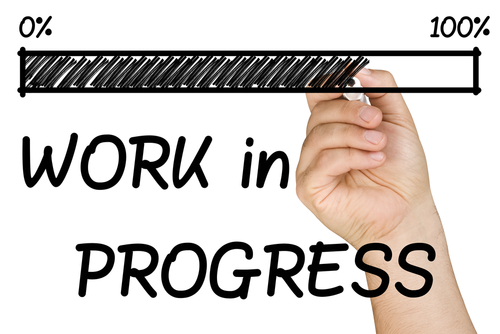FDA to Review Acer Therapeutics’ Request to Approve Edsivo as Treatment for Vascular Ehlers-Danlos Syndrome
Written by |

Edsivo (celiprolol), being developed by Acer Therapeutics, is one step closer to approval for the treatment of vascular Ehlers-Danlos syndrome (vEDS), as the U.S. Food and Drug Administration (FDA) agreed to review the new drug application (NDA) for the therapy.
The regulatory agency also granted priority review to the NDA, which is expected to be finalized by June 25.
“The acceptance of our NDA for Edsivo is an important step in our efforts to help patients with vEDS, who suffer with a devastating disease that currently has no approved treatment,” William Andrews, MD, chief medical officer of Acer, said in a press release.
Previously known as EDS type 4, vEDS is the most severe subtype of Ehlers-Danlos syndrome, characterized by faulty production of collagen due to mutations in the COL3A1 gene.
Edsivo was initially developed to treat high blood pressure. Now Acer Therapeutics is evaluating its potential to treat this severe form of EDS. The company thinks Edsivo can be beneficial for vEDS patients by promoting the production of collagen in blood vessels, while reducing the pressure in major vessels most prone to rupture.
The NDA is supported by clinical data from a Phase 4 trial (NCT00190411) that included 53 patients with vEDS across eight centers in France and one in Belgium. Participants were randomized to receive 200 mg of oral Edsivo twice daily (25 patients) or a placebo (28 patients) for up to five years.
Results showed that the medicine could reduce the risk of vEDS patients having a serious cardiac event by 64%. Five patients (20%) receiving Edsivo experienced an arterial event (arterial rupture or dissection, fatal or not) during the study period compared with 14 patients (50%) in the placebo group.
Edsivo was also found to protect patients from intestinal or uterine rupture, which were reported in 24% of treated patients compared with 61% in the placebo group.
During the study, only a few adverse events related to the treatment were reported, with fatigue being the most common side effect.
“We have had the honor of learning about the significant challenges of living with vEDS directly from patients and their families. This has in large part driven the hard work, passion and complete dedication that our small team has given to this effort, and we will continue to do so as the FDA reviews our NDA for Edsivo,” Andrews said. “We are excited about the possibility of making Edsivo available in the U.S. for patients in the near future.”





